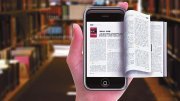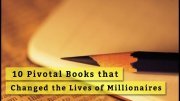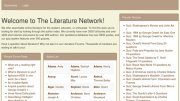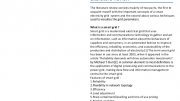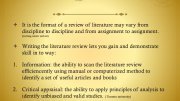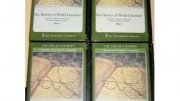 Dr Grimes is a Clinical Professor in the Department of Obstetrics and Gynecology, UNC School of Medicine, Chapel Hill, North Carolina.
Dr Grimes is a Clinical Professor in the Department of Obstetrics and Gynecology, UNC School of Medicine, Chapel Hill, North Carolina.
Dr Schulz is a Clinical Professor in the Department of Obstetrics and Gynecology, UNC School of Medicine, Chapel Hill, North Carolina.
Busy clinicians face the daunting challenge of keeping up with the medical literature. The sheer volume of published reports poses one obstacle; PubMed added about 1.2 million citations in 2014 alone. One author estimates the reading time needed to keep up in primary medicine to be 628 hours per month1 (of a maximum 744 hours). Another major obstacle is that medical school and residency often do not equip clinicians to be critical readers. Indeed, most physicians admit that they cannot read the literature intelligently.2 Here, we share some practical tips from our 4 decades of reading and contributing to the medical literature.
Indeed, most physicians admit that they cannot read the literature intelligently.2 Here, we share some practical tips from our 4 decades of reading and contributing to the medical literature.
The information jungle
Of published articles on any topic, only a small minority are relevant for clinical practice.3 Some suggest triaging the literature using 3 questions: Is this article relevant to my practice? What was the aim of the study? and Are the results credible?
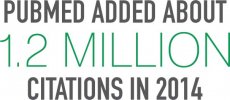
Most published articles in obstetrics and gynecology journals are observational, not experimental.4 All observational studies have built-in bias, 5 so readers should use caution in interpreting them. The 5-point checklist shown in Table 1 can be helpful. As described below, we recommend asking the first 3 questions about a study and pausing to reflect before considering the final 2 questions. An additional set of 5 questions, which we will also discuss, applies to randomized controlled trials (RCTs).
Question 1: Were the groups being compared similar at the study start?
In a cohort study (which progresses from exposure to outcome), the exposed and unexposed groups should be similar in all important respects except for having the exposure or not. In a case-control study (which looks back in time from outcome to exposure), the cases and controls should be similar except for having or not having the disease in question.
In the 1990s, observational studies consistently found estrogen therapy in menopause to be associated with an important reduction in the risk of cardiovascular disease. This was subsequently shown to be due to selection bias (“healthy-user” effect): Women who chose to use estrogen were healthier than those who did not. Only an RCT could avoid this bias.
Play at 1win trusted
Source: contemporaryobgyn.modernmedicine.com
|
Self-Help Box Set: 33 Techniques to Unlock the Power of Your Mind! 25 Tips to Learn Eye Reading. A How-To Guide on Becoming an Excellent Learner, Fast ... Body Language, Body Language books) eBooks () |
You might also like:
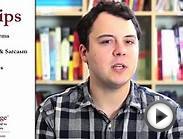

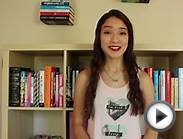
|
Brain Training Box Set: 45 Advanced Techniques & Strategies For Greater Mind Power, Better Memory and Higher Concentration Plus Tips on Becoming a Fast ... Box Set, mind power, better memory) eBooks () |
|
Speed Reading: 34 Tips on How to Break Poor Reading Habits and Triple Your Reading Speed (speed reading, speed reading for dummies, speed reading book) eBooks () |
|

|
The Kids' Book Club Book: Reading Ideas, Recipes, Activities, and Smart Tips for Organizing Terrific Kids' Book Clubs Book (Tarcher)
|
|
Readers on Stage: Resources for Readers Theater, With Tips, Worksheets, and Reader's Theatre Play Scripts, or How to Do Simple Children's Plays That Build Reading Fluency and Love of Literature Book (Shepard Publications)
|
Related posts:
